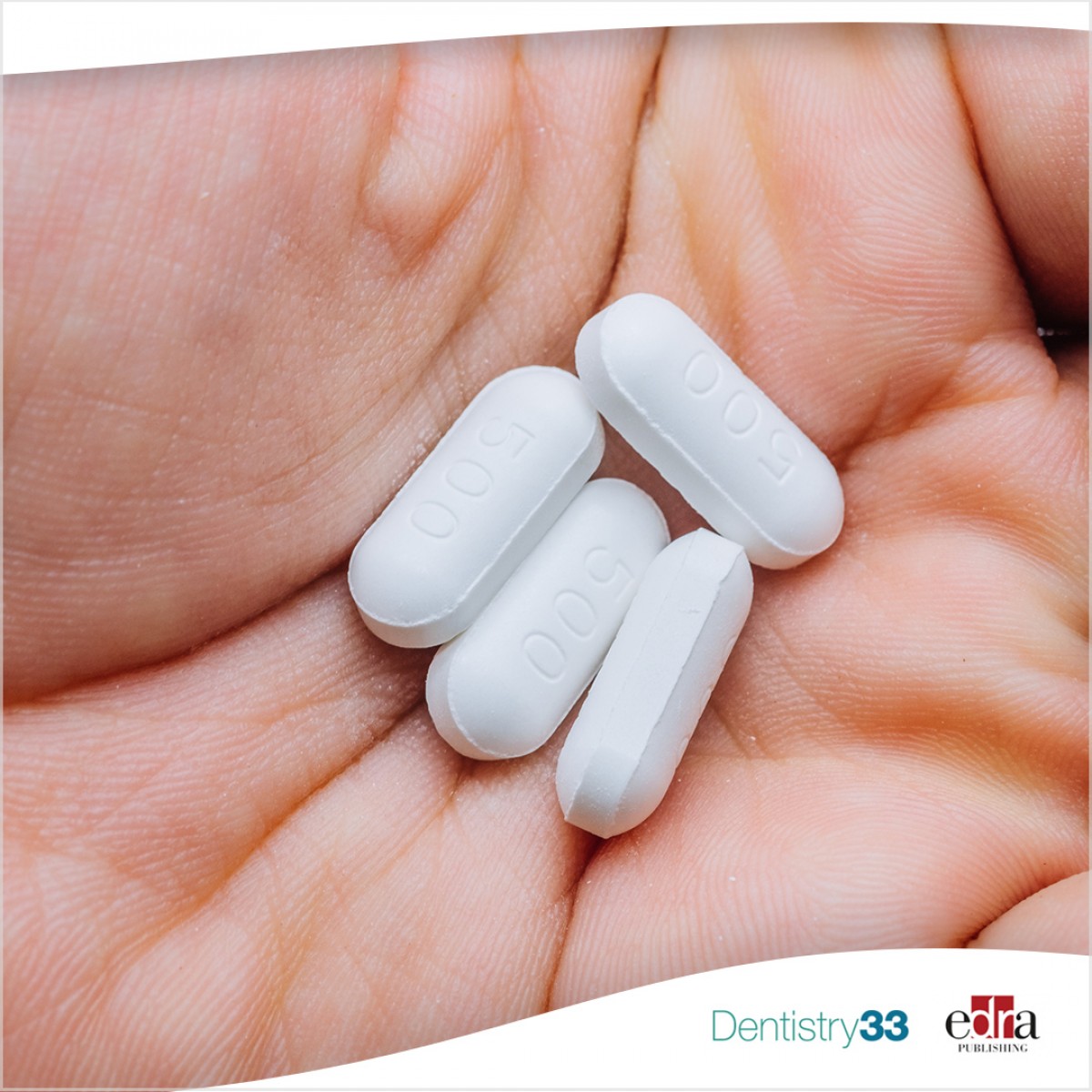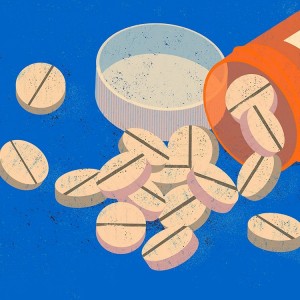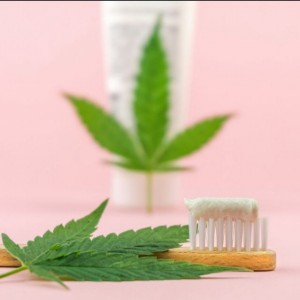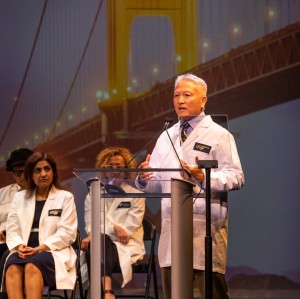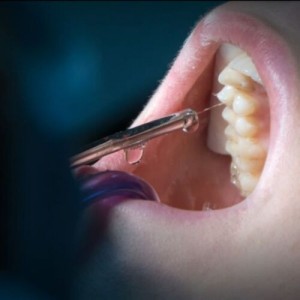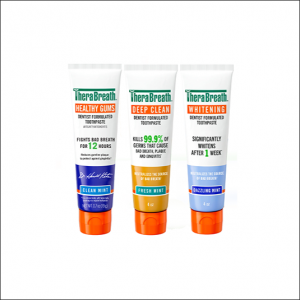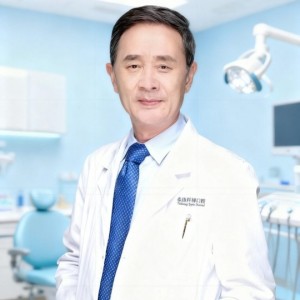
Are opioid prescriptions necessary after a tooth extraction?
Simona Chirico
Although non-opioid analgesics such as paracetamol and ibuprofen are recommended as the first choice for dental pain, many dentists prefer to prescribe opioids. This is concerning due to the risk of abuse of opioids especially by younger people.
A better understanding is needed of when it is necessary to prescribe these types of drugs to allow dentists to properly administer them to patients.
Materials and methods
A study by Oyler et al., published in the Journal of the American Dental Association, investigated how many opioid prescriptions were written after teeth extractions at the University of Kentucky College of Dentistry from 2013 to 2020.
Results
Data were obtained from 44,387 patients of whom nearly 24%, or 10,628 patients, received an opioid prescription.
The results of multivariate logistic regression found that factors associated with prescribing an opioid included co-prescribing non-opioid analgesics, co-prescribing antibiotics, procedural sedation, surgical extraction and extractions of third molars (1 tooth: aOR, 1.14; 95% CI 1.04 to 1.25; 2 teeth: aOR, 2.09; 95% CI, 2.87 to 2.34; 3 teeth: aOR, 2.73 ; 95% CI, 2.36 to 3.15; 4 teeth: aOR, 3.45; 95% CI, 3.10 to 3.83).
Factors that reduced the risk of opioid prescribing included whether or not the dental treatment was: performed in 2018 or later, in a student or university clinic resident and on any day other than Friday.
Legislation that regulated and restricted the prescription of opioids went into effect in 2018 in the U.S. (Monday: aOR, 0.83; 95% CI, 0.76 to 0.91; Tuesday: aOR, 0.90; 95% CI, 0.83 to 0.99; Wednesday: aOR, 0.89; 95% CI, 0.81 to 0.97; Thursday: aOR, 0.88; 95% CI, 0.81 to 0.97) .
Conclusions
From the data outlined in this study, it can be concluded that opioids are prescribed by dentists after the most invasive procedures surgical extractions — sedation extractions, multiple tooth extractions — in conjunction with other prescriptions — antibiotics and anti –inflammatory drugs — and on certain days of the week (mainly Fridays).
This research suggests that dentists actively consider a variety of procedural features to guide their opioid prescribing decisions, rather than just routinely prescribing them.
Clinical implications
Improving the understanding of post-operative pain can facilitate the reduction of unnecessary opioid prescriptions, which can lead to the misuse, abuse and overdose of these drugs, especially by younger people.
It is advisable for dentists to limit the prescription of opioids only following particularly invasive procedures.
“Factors influencing opioid prescribing after tooth extraction.” Douglas R. Oyler et al. JADA vol. 153, Issue 9, p868-877, DOI: https://doi.org/10.1016/j.adaj.2022.05.001
 Tag
Tag
 Related articles
Related articles
A combination of acetaminophen (Tylenol) and ibuprofen (Advil, Motrin) controls pain after wisdom tooth removal better than opioids, according to a Rutgers Health study that could change how dentists...
Editorials 11 February 2025
University of Michigan School of Dentistry faculty and patients participated in a new study that supports changes in how dentists and oral surgeons treat post-surgical pain.
Editorials 26 November 2024
A two-year interdisciplinary study at UF examines synthetic oxytocin’s potential as an alternate pain management option for older adults.
On Monday, February 5, 2024, the American Dental Association (ADA) updated their opioid prescribing guidelines for dental procedures in adults and adolescents (over 12 years of age.)
Editorials 21 December 2023
Marijuana Component Offers Opioid Alternative by Effectively Treating Dental Pain
In a groundbreaking study that could revolutionize dental pain management, Rutgers researchers have found that cannabidiol (CBD) – the non-addictive marijuana derivative – alleviates acute dental...
 Read more
Read more
Editorials 10 October 2025
With proud smiles and crisp white coats, ninety-three learners from the DDS Class of 2029 and the International Dentist Pathway Class of 2028 marked the start of their dental careers at the UCSF...
Periodontology 10 October 2025
Continuous professional development (CPD) in Periodontology refers to the overall framework of opportunities that facilitate a life-long learning practice, driven by the learner-practitioner and...
TheraBreath, the #1 alcohol-free mouthwash brand in the U.S.*, has introduced a new line of dentist-formulated, clinically tested toothpastes designed to support professional oral care...
News 10 October 2025
New officers and trustees were installed at the Minnesota Dental Association’s Leadership Conference on September 19 in Minneapolis.
News 10 October 2025
Smartee Denti-Technology today announced that Professor Gang Shen, its Chief Scientist and Executive President of TaiKang ByBo Dental, has once again been named to the World’s Top 2% Scientists...


